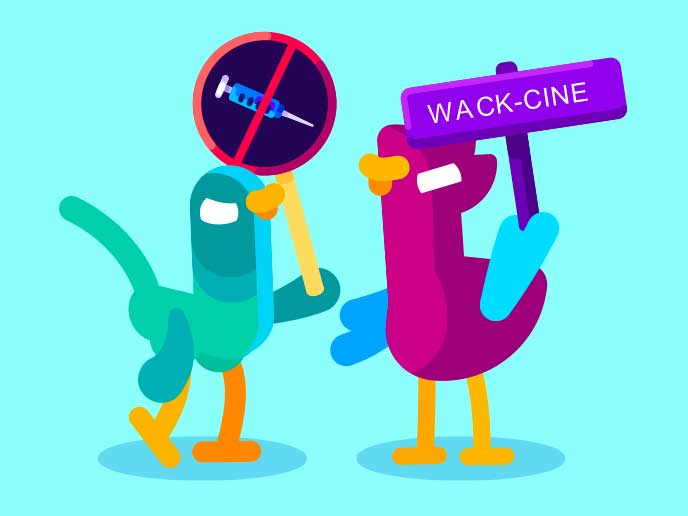Science communication: Empowering citizens in the public discussion of science
As the world grows more complex, citizens in Europe and worldwide are increasingly called upon to make decisions that require a clear understanding of the underlying science. Making informed choices on topics such as climate change, energy, COVID, food and vaccination necessitates a public conversation that is built on facts and that responds to the concerns of citizens. Two concurrent developments underlie the growing need to ensure the quality and reliability of science communication. Firstly, dwindling resources in science journalism lead to reduced critical assessment and reporting of science. Secondly, the explosive growth of online media – termed an “infodemic” by the UN – has allowed scientific information to reach large audiences, but often without editorial oversight and fact-checking established in the traditional media. Research carried out by Eurobarometer shows that EU citizens have a very positive view of science and scientists overall, but more than half feel that researchers should engage more with policymakers and the public. The European Commission supports a policy of open science, which focuses on spreading knowledge as soon as it is available. Science communication is critical to this goal. This Pack showcases nine projects that further this aim. Eight were funded under the Horizon 2020 Science with and for Society programme. This represents an investment of almost EUR 10 million made through the ‘Taking stock and re-examining the role of science communication’ call for proposals. The ninth project, COALESCE, is funded through a dedicated policy call under Horizon Europe European Research Area. The projects examine issues such as quality of science communication, trust in science, and the mitigation of the spread and impact of misinformation, disinformation and fake news. Bringing together journalists and science communicators, researchers, civil society groups, industry experts, and policymakers – the quintuple helix – they have delivered innovative ways to open up science to society. Each of these projects approached a specific aspect of science communication. Trust in science is a key issue for democratic resilience, and CONCISE, ENJOI and TRESCA all worked to identify how this trust can be strengthened and used to defend against misinformation. GlobalSCAPE and QUEST carried out research and development for science communicators to provide them with more effective tools. The remaining projects focused on how the public could be more effectively engaged by science communication efforts. NEWSERA and ParCos examined efforts to engage citizens in the scientific process through participatory workshops, and RETHINK explored how science communication should evolve in response to an increasingly digital society. In addition to their individual successes, the projects showed exemplary collaboration, working together to seize the opportunities and face the hurdles presented by the pandemic and delivering a joint publication of their findings. Drawing from all these projects, the EU-funded COALESCE project is building a European Competence Centre for Science Communication. A well-informed public is the bedrock of a free society. Through improved science communication, we can increase the quality and effectiveness of interactions between scientists, general media and the public, and build more resilient democracies.



